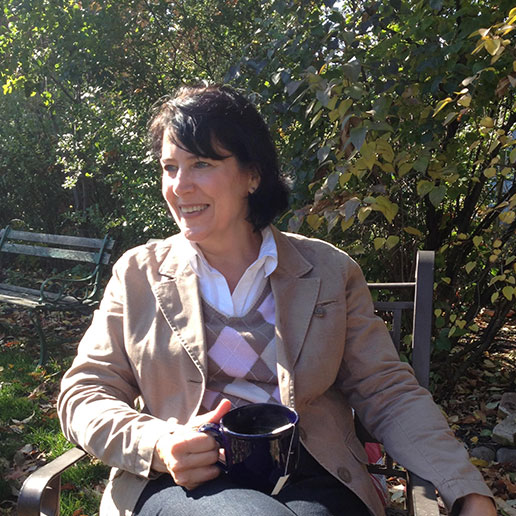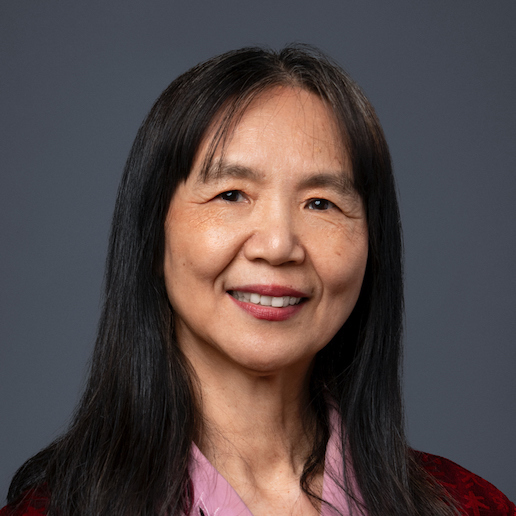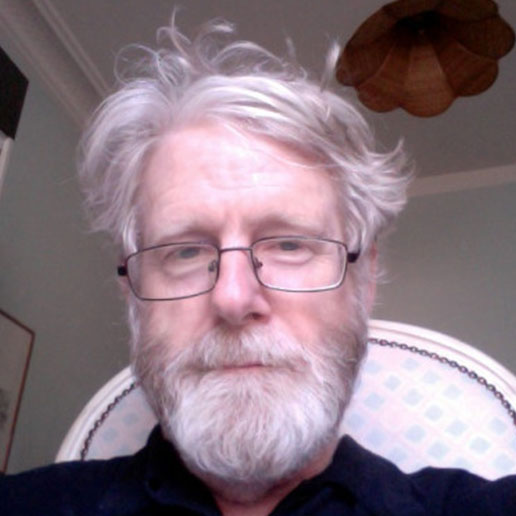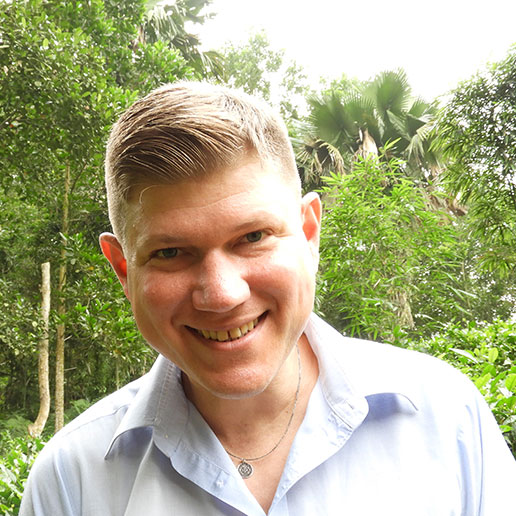Nonviolent Alternatives in National Struggles and International Relations
Since their initial use in South Africa and India in the early 20th Century, nonviolent methods of struggle and social change have developed in a variety of forms and have brought about dramatic transformations in Eastern Europe, Latin America, the United States, the Middle East and elsewhere.
What does current research suggest are the strengths and limitations of such methods compared with violent methods of social change and military methods of settling international disputes — and what roles may they play in the future?
Artificial Intelligence: Making ‘Smart Systems’ Wiser
How can our local and global systems of defense, health, food, education, etc. become resilient, secure, life enhancing and wiser amidst the rush to ever “smarter” and relentless pursuit of limited goals like military dominance, profit, or high test scores?
Threats to National Security Posed by Artificial Intelligence and Robotics
Entrepreneur Elon Musk has said: “I think we should be very careful about artificial intelligence. If I had to guess at what our biggest existential threat is, it’s probably that." Scientist Stephen Hawking has noted: “success in creating AI could be the biggest event in human history,” but cautioned that “it might also be the last, unless we learn how to avoid the risks,” warning before long this technology may be “outsmarting financial markets, out-inventing human researchers, out-manipulating human leaders, and developing weapons we cannot even understand”. He commented further, with others, in a HuffPost column that: “If a superior alien civilization sent us a text message saying, “We’ll arrive in a few decades,” would we just reply, “OK, call us when you get here — we’ll leave the lights on”? Probably not — but this is more or less what is happening with AI. Although we are facing potentially the best or worst thing ever to happen to humanity, little serious research is devoted to these issues outside small non-profit institutes . . . “What are the range of security issues at stake and how can they best be addressed?






